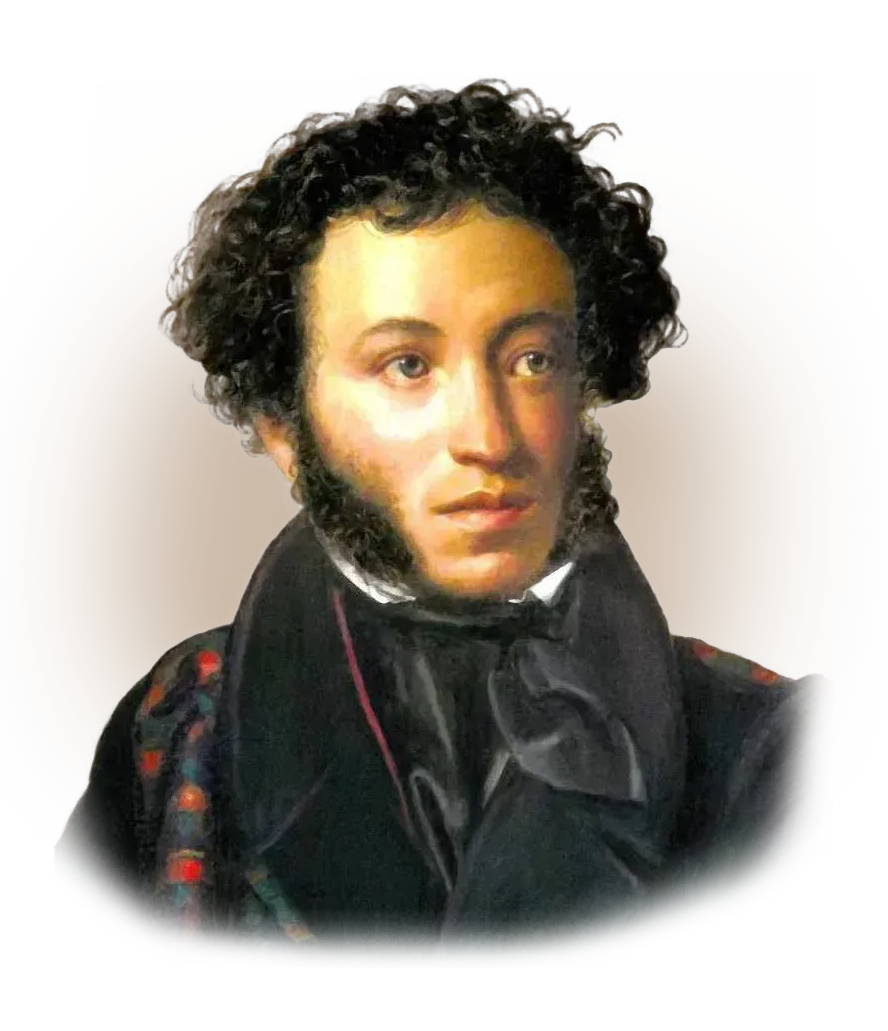
27.12.2023
All literary geniuses have their own unique traits that set them apart from other writers. In the context of Russian literature, Alexander Pushkin occupies a special place due to his virtuoso linguistic genius and ability to create metaphors, which have become an integral part of his works.
Pushkin was a master of words. His ability to play with language, to create beautiful and accurate images using metaphors makes his works eternal masterpieces. To understand his greatness in this aspect, it is enough to pay attention to works such as “Eugene Onegin” or “Boris Godunov”.
Metaphor is not just a literary decoration, it is the key to understanding how Pushkin saw the world and how he conveyed his thoughts and feelings. One of the famous metaphors in Eugene Onegin is the description of autumn as a yellow “dull time” of life, which symbolizes not only a change in nature, but also a change in the state of the protagonist.
It is interesting how Pushkin found words and expressions that could accurately convey his thoughts and feelings. He used the Russian language expertly, revealing its richness and flexibility. With the help of metaphors, he enriched the language with new meanings, making it deeper and more elegant.
But it was not only in prose and poetry that Pushkin showed his linguistic genius. His letters and notes also show the sophistication and precision of the words that make his correspondence readable and fascinating.
Much of Pushkin’s greatness lies in the fact that his metaphors and language phrases have become part of culture, taking root in people’s minds and becoming an integral part of the Russian language. He gave us not only literary works, but also a legacy of beauty and precision of the word.
Thus, Alexander Pushkin’s linguistic genius remains a great achievement of Russian literature. His ability to create metaphors and play with language made him not only a great poet, but also an eternal master of the word, whose influence extends far beyond his time.




